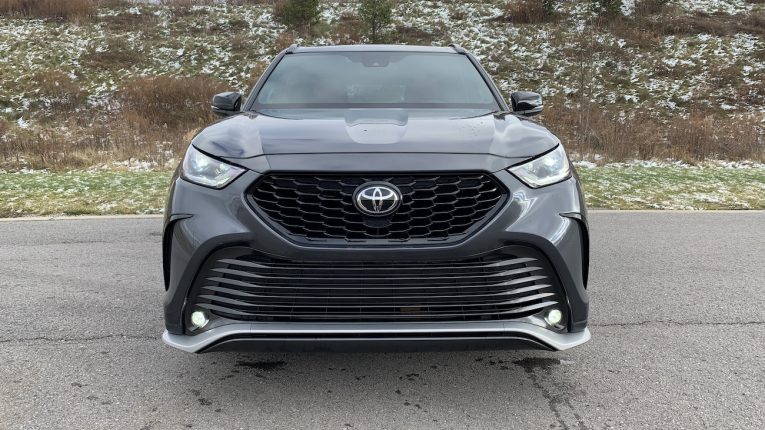
4 Best Qualities To Look For In Your Next Car
Shopping for a car can be a daunting task. Your heart may be set on a specific car, but when you search the market, you find that there are cars with the same or better specifications. Also, they may even cost less. Thus, you find yourself in a dilemma of having to choose from a ‘sea of cars.’
But before you consider other factors when planning to buy a car, your starting point should be your budget. The money you’re willing to spend will either be a limiting factor or work for you depending on your preferences. On the occasion the car you prefer is beyond your budget, you may opt for a second-hand version of the same model which will cost less.
We all desire to have a car that is affordable, safe, comfortable, fast, economical, reliable, and attractive. Unfortunately, it’s hard to find all those aspects in one car.
Read below for some insightful factors that will offer guidance when planning to purchase a car.
- Value Of The Car
The value of the car and its depreciation rate is worth considering. Assess if the car will still fetch a good price a few years down the line. On the other hand, brands like Hyundai vehicles and other car companies are known to last long.
If it’s a used car, then you need to gather some details about it. You must check if the mileage is reasonable, maintained properly, and any signs of damage. Doing these steps may help you decide whether or not it’s worth buying.
- Cost Of Ownership
Before you purchase a car, you should estimate its long-term ownership costs. There are cheap cars but their maintenance cost is high. Different cars may cost the same, but have different maintenance and insurance costs.
If you’re looking for a car that you’ll be using frequently, then the aspect of fuel consumption can’t be overlooked. Otherwise, you may think you’ve made a good deal only to end up with a fuel guzzler contrary to your expectations.
- Quality
The quality of a vehicle is determined by the workmanship of its outer frame, components, and accessories. Quality also entails safety, comfort, and stability. Also, high-quality cars will have fewer overall problems. Moreover, they’re unlikely to experience paint peeling, rattling noises, and instability.
Tech features like driver assist systems, automatic key braking, connectivity apps, video rearview mirror also determine the quality of a car. These days, in-car technology is as important as other aspects of the car. Also, their quality is rated according to their usability.
If you’re considering buying a new car model, it’s recommended to wait until its second year of production. This is because cars in their first year are likely to experience quality problems.
- Serviceability
The use of the car will subject it to wear and tear. Therefore, ensure that service and spare parts are locally available to assist the car when the need arises. If you’re not careful, you may end up frustrated upon learning the spare parts have to be imported. This especially applies to new cars in the market.
Other factors to consider when shopping for a car include:
- Size: The number of people who will be using the car at any given time will determine the size of the car to be purchased. Therefore, you have to decide if it’s for personal or family use.
- Road: Your location, whether in the country or city, will determine the type of vehicle to acquire as some country roads are poorly maintained. This forces drivers to sometimes deal with undesirable road conditions, depending on the weather. It’s even worse if you have to tackle long commutes. Trucks and sports utility vehicles are better suited for these kinds of roads. On the other hand, driving in the city is a pleasant experience because most roads are tarmacked.
Final Thoughts
You should always do extensive research in advance when planning to purchase a car. If you buy a car while desperately in need, you may make rushed and unfavorable decisions. You may even end up spending way above the going price.
It’s prudent to engage with different car dealers to possibly widen your scope and only take the best offer. Agree with the dealer that you’ll retain a certain amount of money for at least 90 days as you test drive the car and carry out due diligence on the ownership of the vehicle. Now that you know what to look for when shopping for a car, getting your next car will not be difficult.
Author Bio: Mary R. Hudock is a car dealer and blogger. She has been in the car business for over 10 years. In her free time, she either blogs about cars or distributes toy cars to children in children’s homes. Mary’s hobbies are playing the piano and swimming.

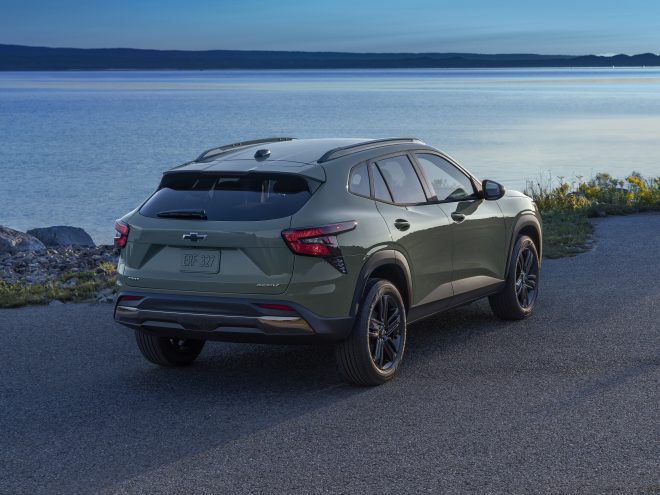
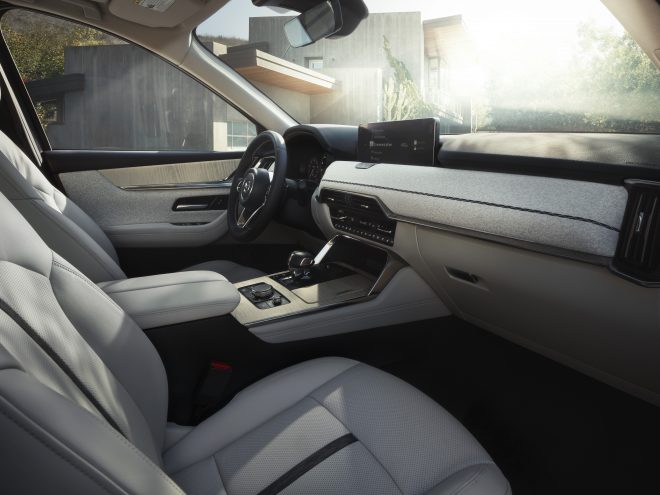

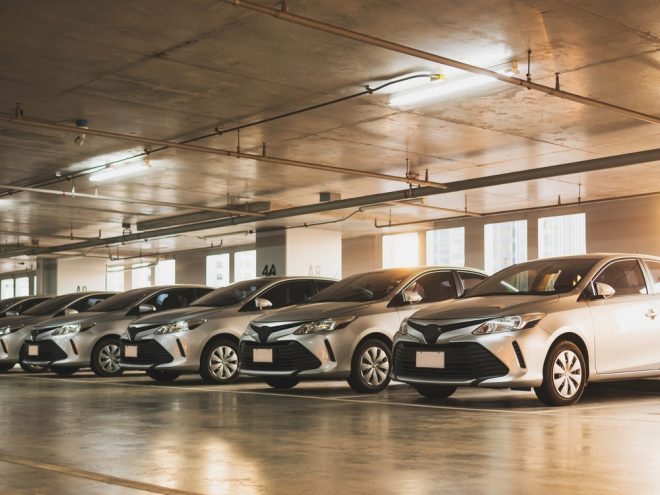
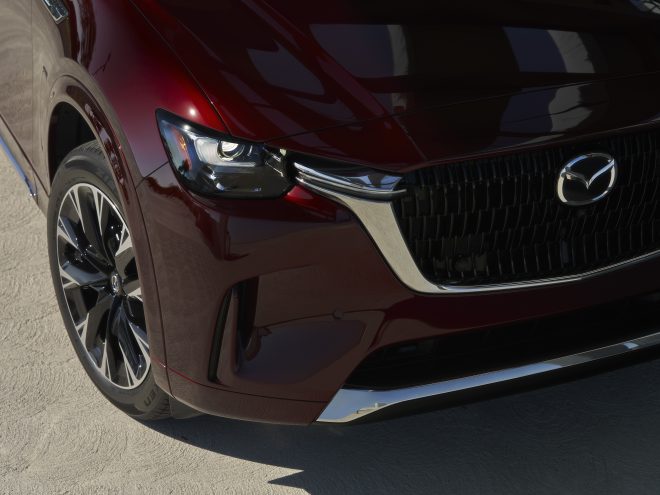




When you decide to sell a junk car that is lying in your garage like a waste, So CarsWreckers is the Best choice for dealing with scraps & junks car. We offer you our Top Cash for Cars Auckland Service, which helps you get good prices for your scraps. We deal in Best Cash for Cars instant and tow your waste to our place with no charges and sell their parts at an incredible price that profit both dealers & also the owner.
[…] insurance premiums will continue until you dispose of the vehicle. Therefore, when choosing your next car, there’s no reason to buy something new when what you truly need is a pre-owned […]
[…] that a much larger vehicle, such as a 4×4 would be the way forward. A good size is one of the best qualities to look for when choosing a car, and this is something you need to make the most […]